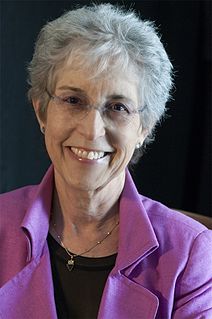A Quote by Emmy Rossum
A lot of people would wear anger, depression or aggravation as their first layer, and they don't. They very much understand what's really important in life.
Quote Topics
Related Quotes
It's very important to me that people know that depression doesn't discriminate. A lot of people look at people who have depression and think that it's not legitimate because they're wealthy or it looks like everything seems to be doing fine. But it doesn't pick and choose. It can affect anybody in the brain, no matter how perfect your life seems.
My mother has a lot of sisters. They had very, very interesting conversations. Because I was a quiet child, I would sit in the room and listen to these stories. I think I developed a curiosity about the life of other people from that, and an interest in looking at what was lying beneath the layer of what people present in public.
In music in general, you're always getting a lot of information, buts it's most important to have honest communication. It's always important to understand that we can do so much individually if we connect with one another and have honest conversations. As scary as it is, it can be very liberating. Staying connected to the people you love and staying connected to the things that really matter has been my biggest lesson.
I think people are uncomfortable seeing pregnant women, particularly with any kind of conflict. [Pregnancy is] very much a projection of life and love, but it's also very complicated. People have very complicated pregnancies. They could be accidental or people suffer depression, and that was a really interesting thing for me. And a challenging thing. I have not been pregnant. I don't know what that's like, let alone to be really conflicted about it. Acting in the film about pregnancy was a really interesting thing to do.
You've got a generation of young men - almost all are young men - in situations of great economic hardship, where they don't really have work. The chances of them making a decent life for themselves, of making a family, living in a kind of decent, happy way, are very, very remote. It's very hard for them to ever even have that as a dream, so when people are that deprived of the ordinary hope of human beings, it creates anger. And that anger can be channeled by unscrupulous persons, whether secular or religious leaders, and there's been a lot of that.
One of the most important skills at [reporting] is not so much what comes out of your mouth but what you hear. To listen. When you interview people, it's very important to understand the nuances of what they're saying and to understand when they have actually made news-when they've told you something that they haven't told anybody else.




































